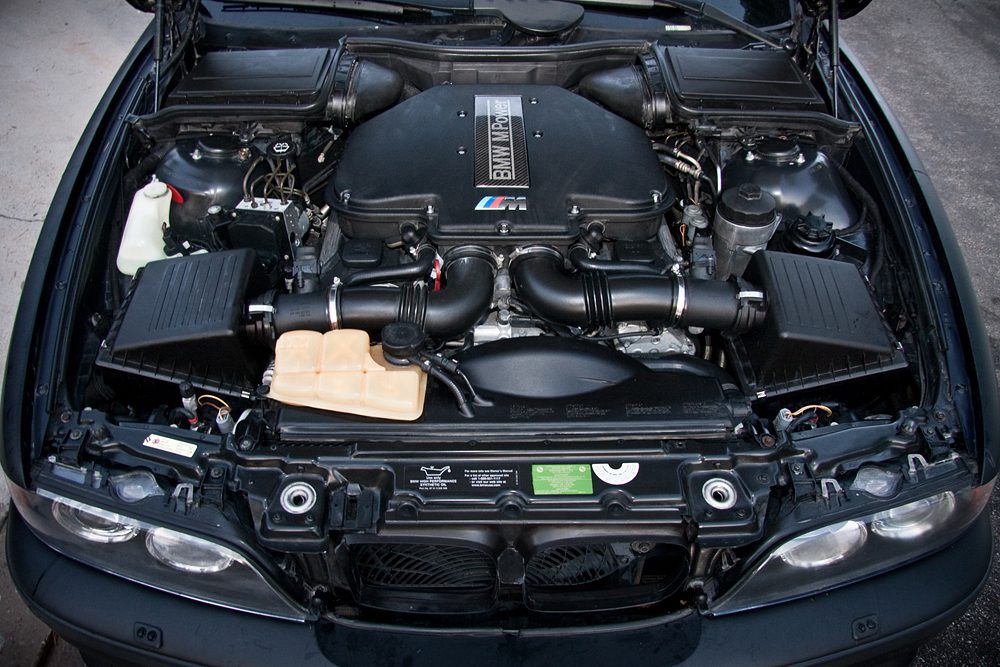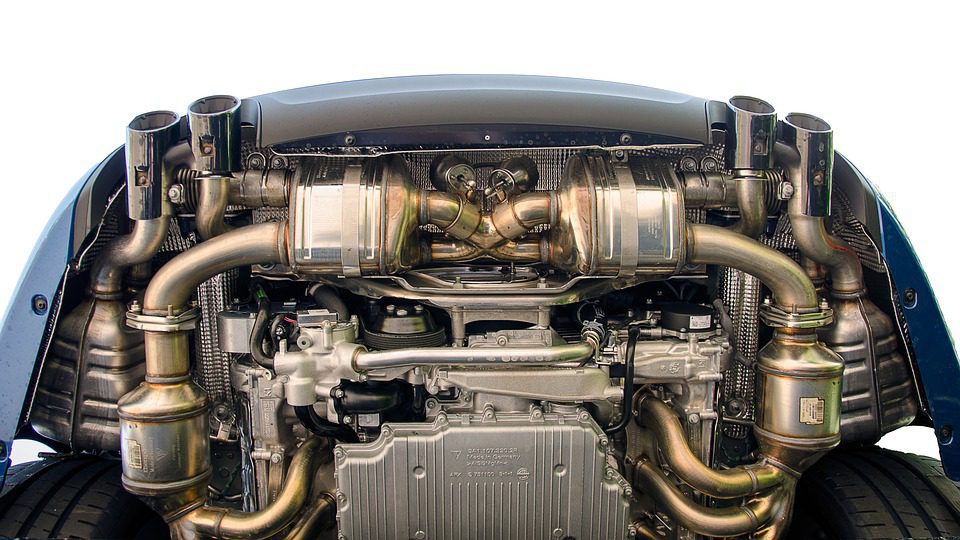A Thorough Comparison of Different Sorts Of Import Engines and Their Applications in Numerous Cars
From the performance of turbocharged engines to the environmental friendliness of electric powertrains, the spectrum of import engines available in today's market caters to a vast array of driving needs and preferences. Whether it's the torque of a diesel engine or the non-traditional design of a rotating engine, understanding the nuances of each kind and exactly how they line up with particular car needs can considerably impact efficiency, gas economic climate, and general driving experience.
Turbocharged Engines
Turbocharged engines, understood for their ability to enhance power outcome effectively, have come to be progressively common in modern-day automobile designs. By using exhaust gases to drive a wind turbine that presses inbound air into the engine, turbochargers effectively raise the amount of air and gas mixture that can be combusted, causing improved performance without dramatically increasing engine size. This technology enables suppliers to downsize engines, leading to much better gas efficiency while maintaining power degrees similar to larger, normally aspirated engines.

Crossbreed Engines
With the innovations in engine technology assisting in enhanced efficiency and performance, the automotive sector has seen a rise in the combination of crossbreed engines as a lasting remedy for power delivery. Crossbreed engines combine the advantages of both inner combustion engines and electric motors to give better gas performance and reduced discharges. By seamlessly changing in between both source of power or using them all at once, hybrid engines provide adaptability in different driving problems.

In addition, hybrid technology is not restricted to a details lorry type, with applications varying from compact cars to bigger SUVs and also high-performance cars. As ecological issues and fuel performance laws end up being increasingly prominent, hybrid engines stand for a considerable action in the direction of sustainable transport options.
Electric Engines
Electric engines have actually changed the automotive market with their effective and environmentally-friendly power distribution systems. import engines. These engines operate by transforming electrical energy right into power, providing a smooth and quiet driving experience. Unlike traditional burning engines, electrical engines why not try here create zero tailpipe exhausts, minimizing the general carbon footprint of cars and assisting combat air pollution
One of the key benefits of electric engines is their high energy effectiveness, generally transforming over 80% of the electric energy into propulsion. This performance translates right into expense savings for consumers with minimized gas costs. In addition, electrical engines require less maintenance contrasted to inner combustion engines, as they have less relocating components that can wear over time.
Electric engines are typically used in electrical cars (EVs) and hybrid electric cars (HEVs) EVs count exclusively on electrical engines for propulsion, attracting power from rechargeable batteries. On the other hand, HEVs integrate electrical engines with standard interior burning engines to maximize gas effectiveness and reduce discharges. The versatility and sustainability of electric engines make them an appealing remedy for the future of transport.
Diesel Motor
Diesel engines are renowned for their exceptional gas performance and robust efficiency in a range of automobile applications. These engines run by compressing air in the cylinders, which causes heats that fire up the injected diesel gas without the requirement for ignition system. This combustion method provides diesel engines with greater torque outcomes compared to gasoline engines, making them perfect for heavy-duty vehicles like trucks, buses, and building and construction tools.
Among the vital advantages more of diesel engines is their superior fuel effectiveness, as they can take a trip farther on a gallon of fuel contrasted to gas engines. This performance is particularly beneficial for long-haul transportation and business fleets, where decreasing gas costs is a significant variable. Additionally, diesel motor are recognized for their resilience and durability, needing much less maintenance over their life-span compared to fuel engines.
Recently, developments in diesel engine technology have actually likewise concentrated on decreasing emissions to satisfy strict ecological policies. Modern diesel motor are geared up with innovative discharges control systems, such as diesel particulate filters and selective catalytic decrease, which aid reduce contaminants released right into the environment - import Learn More Here engines. These developments have actually made diesel motors cleaner and more ecologically friendly while retaining their effectiveness and performance features
Rotary Engines
Popular for their one-of-a-kind layout and efficiency characteristics, rotary engines supply a distinct choice to traditional burning engine technologies like diesel engines. These engines, likewise known as Wankel engines, operate on a various principle compared to standard piston engines.

Conclusion
Finally, the comparison of different sorts of import engines highlights the variety of alternatives available for different vehicles. Turbocharged engines use increased power and efficiency, hybrid engines incorporate conventional and electrical source of power for enhanced gas economy, electric engines offer a clean and sustainable option, diesel engines are recognized for their durability and torque, and rotating engines supply an unique design with potential for high efficiency. Each engine type has its very own toughness and applications in the vehicle market.
Additionally, hybrid engines contribute to a quieter driving experience and often offer a smoother velocity contrasted to traditional internal burning engines.
Renowned for their one-of-a-kind style and performance qualities, rotating engines offer a distinctive option to typical burning engine innovations like diesel engines. These engines, also known as Wankel engines, run on a different concept compared to conventional piston engines. Regardless of these restrictions, rotary engines continue to bring in producers and fanatics looking for a various engine technology with distinctive advantages.
Turbocharged engines offer enhanced power and effectiveness, hybrid engines integrate typical and electric power resources for enhanced gas economy, electric engines give a tidy and lasting option, diesel engines are understood for their toughness and torque, and rotary engines offer a distinct layout with potential for high performance.